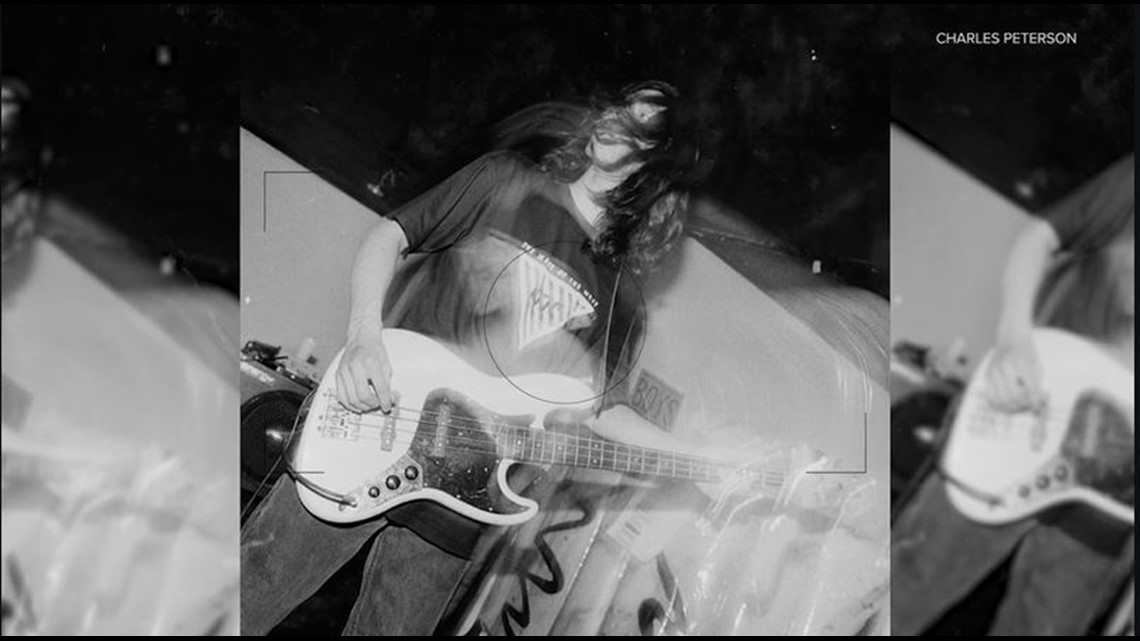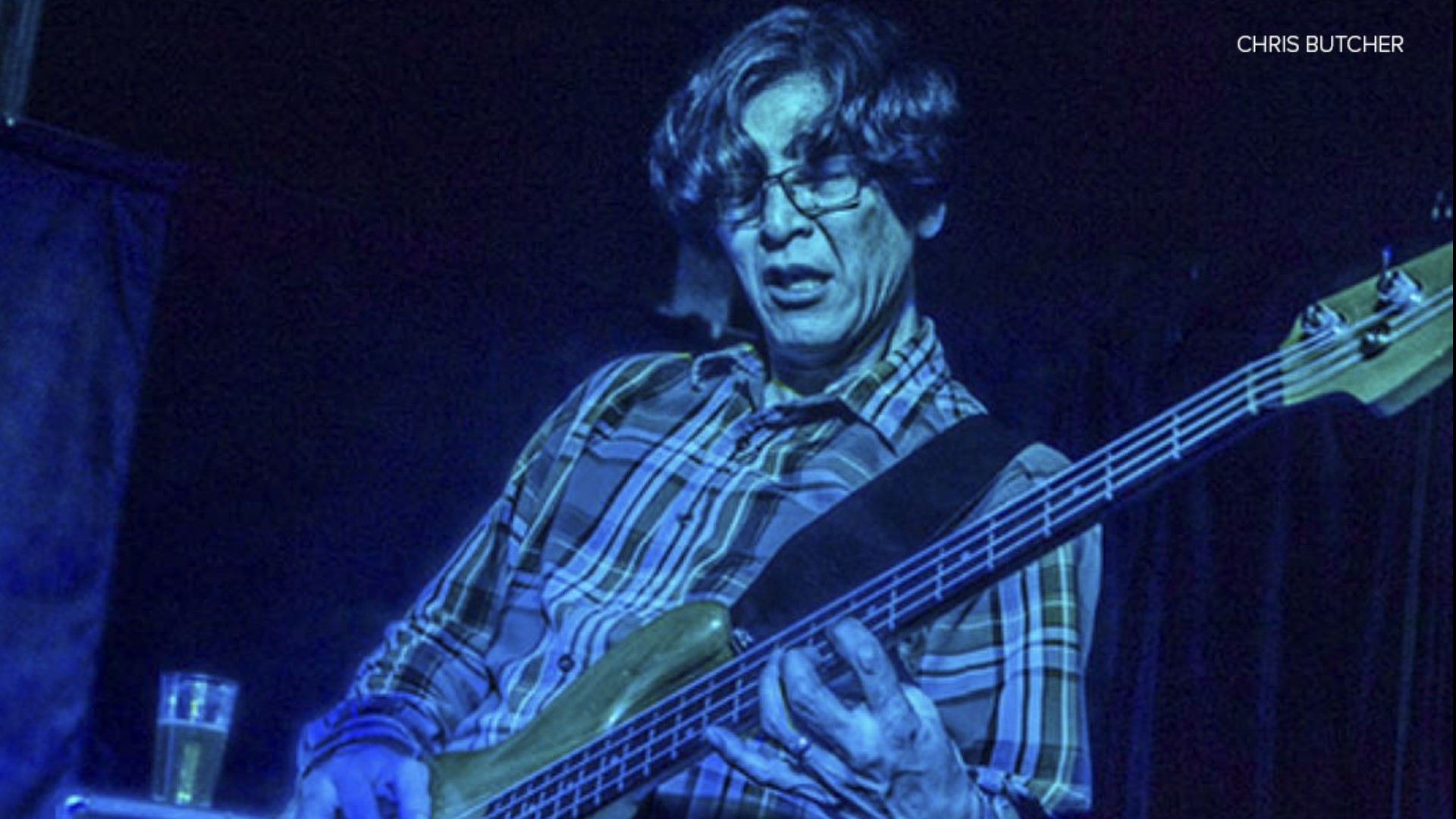BELLINGHAM, Wash. — Hiro Yamamoto may be in his 60's but he lights up like a teenager when he talks about his role in the early days of Soundgarden.
"That whole underground music scene and the art scene back then was burgeoning and it was exciting," he told us over Zoom. "It was kind of a camaraderie between us and all of the other bands playing around Pioneer Square. We were all friends. We'd go to their shows and they'd come to our shows."
For the first five years of Soundgarden, between 1984 and 1989, Yamamoto played bass, wrote songs, and every so often, even sang lead.
"I was kind of a D-I-Y punker," he laughed. "We did it for the people, you know, and I've always had that ethos."
When Soundgarden signed with a major label, it was only a matter of time before Yamamoto and his punk rock ethics walked.
"They call it the music industry because it is an industry and the music you play is a product," Yamamoto said. "So if you play grunge, or whatever, that’s kind of like having gasoline versus jet fuel and they market that. You’re really a genre instead of an individual, in a way. And that’s what I realized. This isn’t just about music, this is about an industry that sells things and I guess I wasn’t comfortable with that at the time."
As Soundgarden rocketed to fame and fortune, Yamamoto went back to school, studying chemical engineering at Western Washington University.
"I've got this weird brain," he said. "I love science and math and weird conceptual quantum mechanics. I can do all kinds of goofy things with math."
At Edge Analytical in Burlington, Washington, Yamamoto became Chief of Organic Chemistry for a company that tests drinking water. In a YouTube video produced by the company, you can see Yamamoto giving a demonstration on how to take a hexavalent chromium sample.
Yamamoto, a self taught musician, never stopped playing music. His band Truly's 1995 debut album, Fast Songs...From Kid Coma is one of the Seattle rock scene's most overlooked gems. He now plays in a punky surf rock trio called Stereo Donkey. Naturally Yamamoto's looked back at his decision to leave Soundgarden.
"My dad would always say some people make decisions on their ethics and they suffer for them but they are the courageous ones," Yamamoto shared. "And that almost makes me cry."


The upcoming induction into the Asian Hall of Fame has Yamamoto looking back at his life. His parents were both sent to internment camps during World War 2. Yamamoto has also faced discrimination since childhood.
"I was told 'You got slanty eyes and you got chubby cheeks,'" Yamamoto remembered. "Small slights but they dig little holes in you, you know? I act like a white person 99% of the time but I always know that I’m not. All of us Asian people have dealt with this, silently taking it, and I think what I appreciate about the Asian Hall of Fame is it's both about celebrating the stuff that we have done and bringing out the stories of what Asian people have been through in this country."
Yamamoto is one of six Northwest inductees into the Asian Hall of Fame. Recent inductees include Bruce Lee, Apolo Ohno, and Gary Locke.
KING 5's Evening celebrates the Northwest. Contact us: Facebook, Twitter, Instagram, Email.

